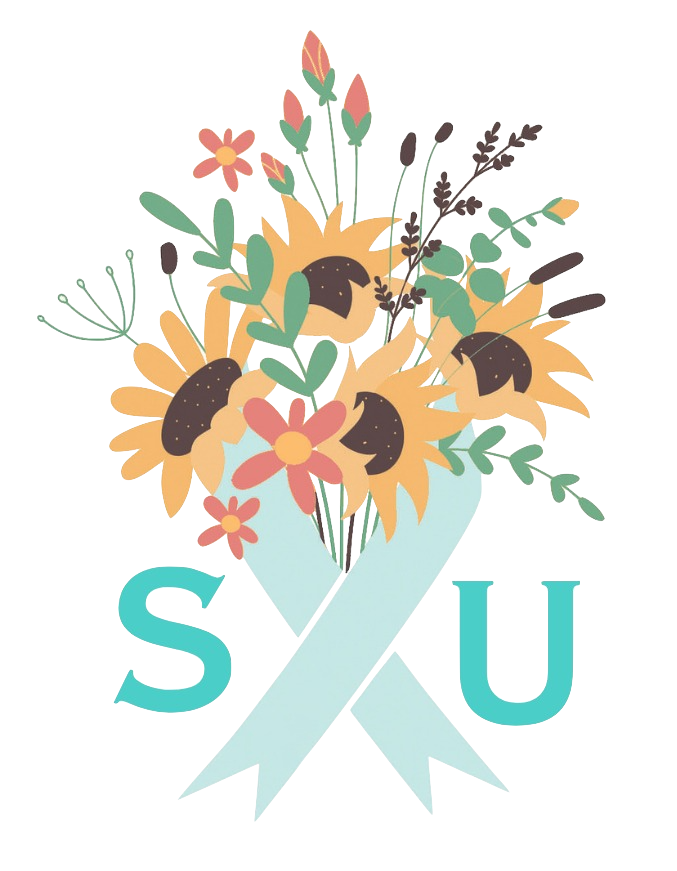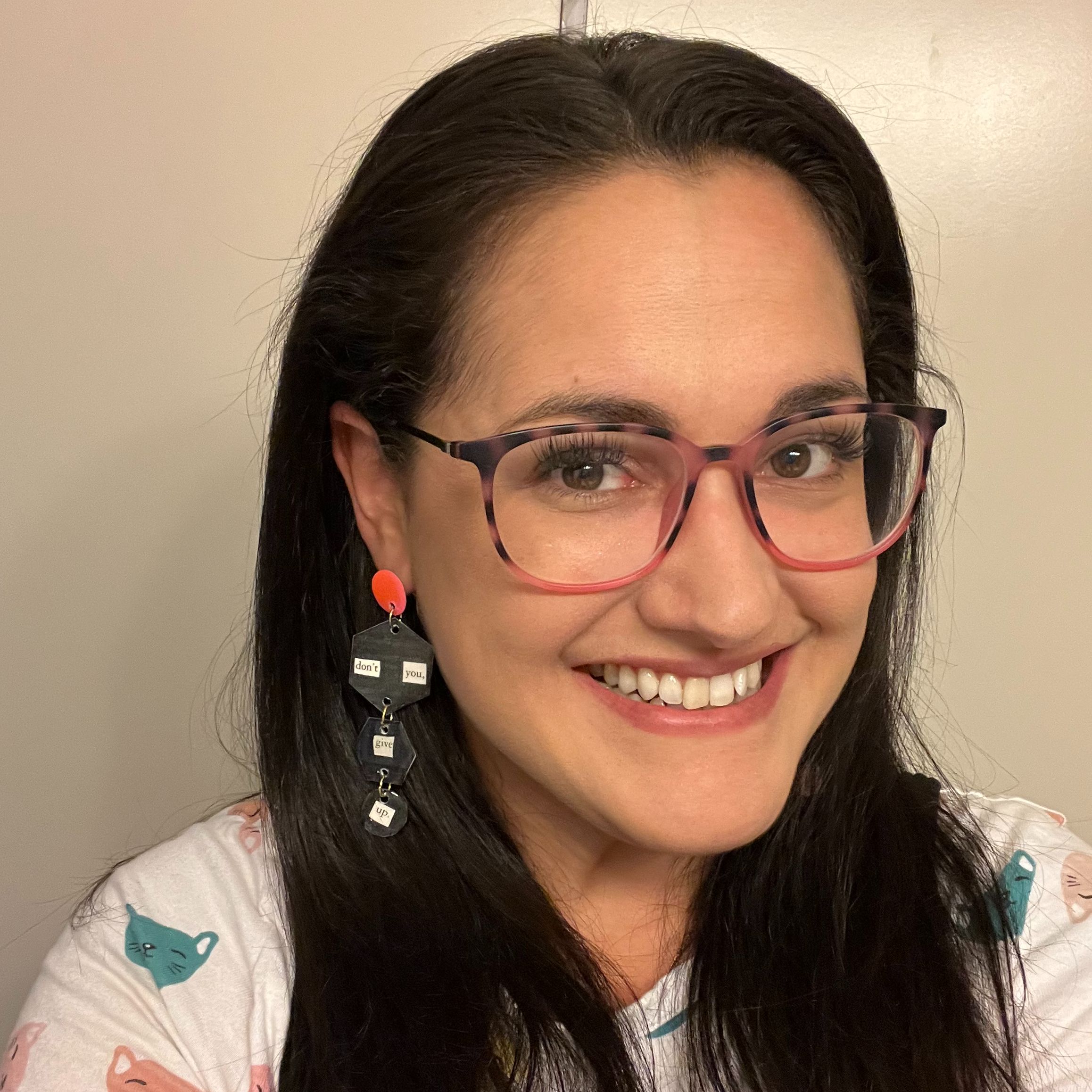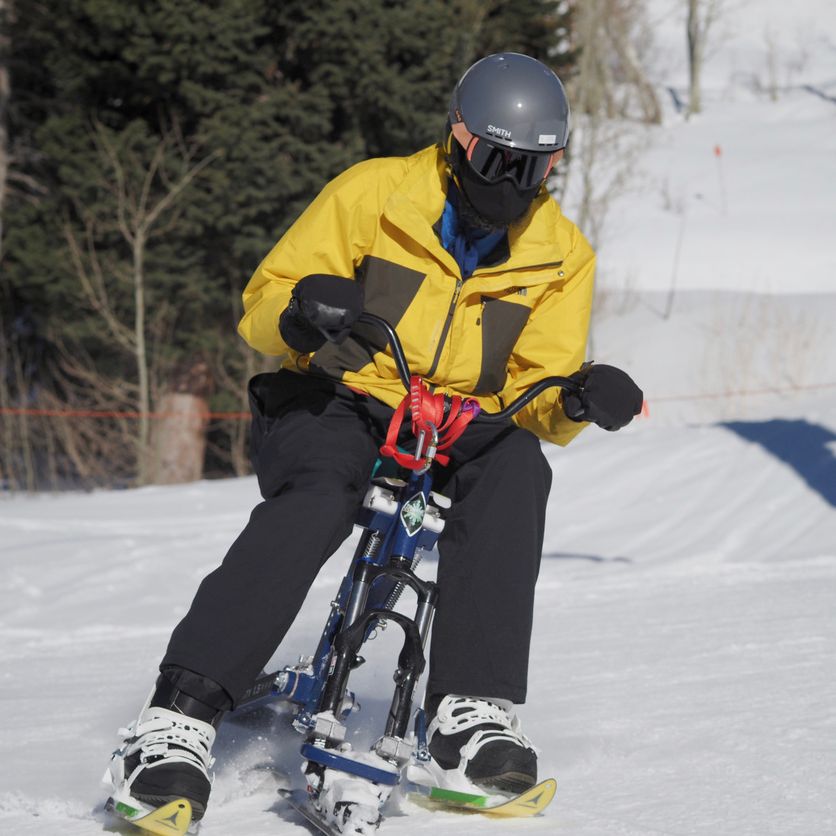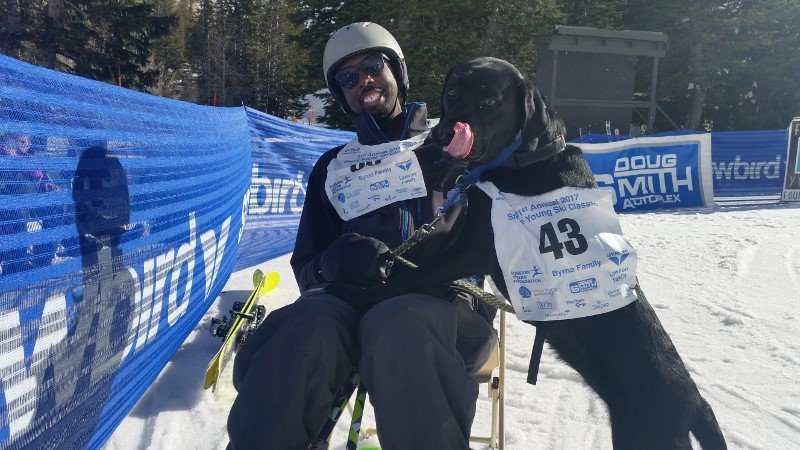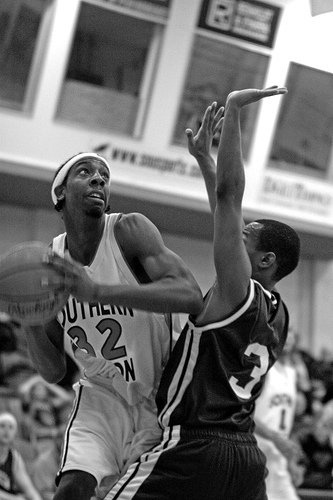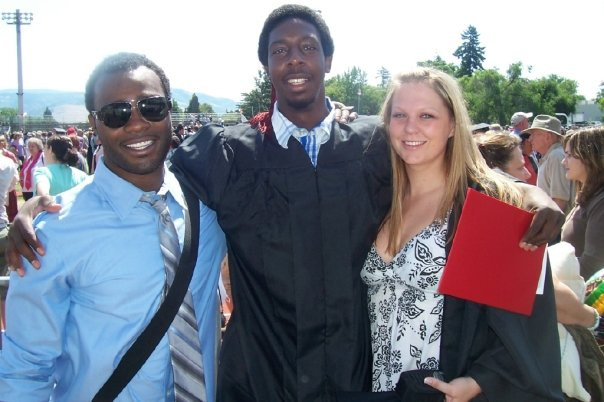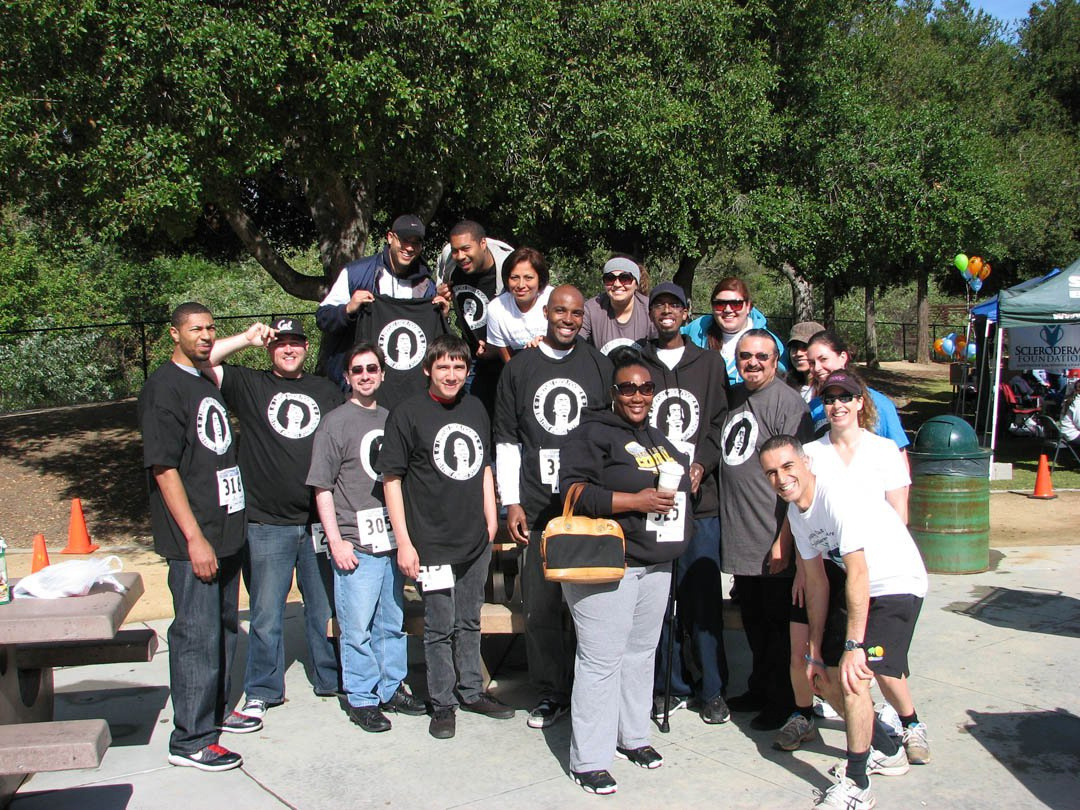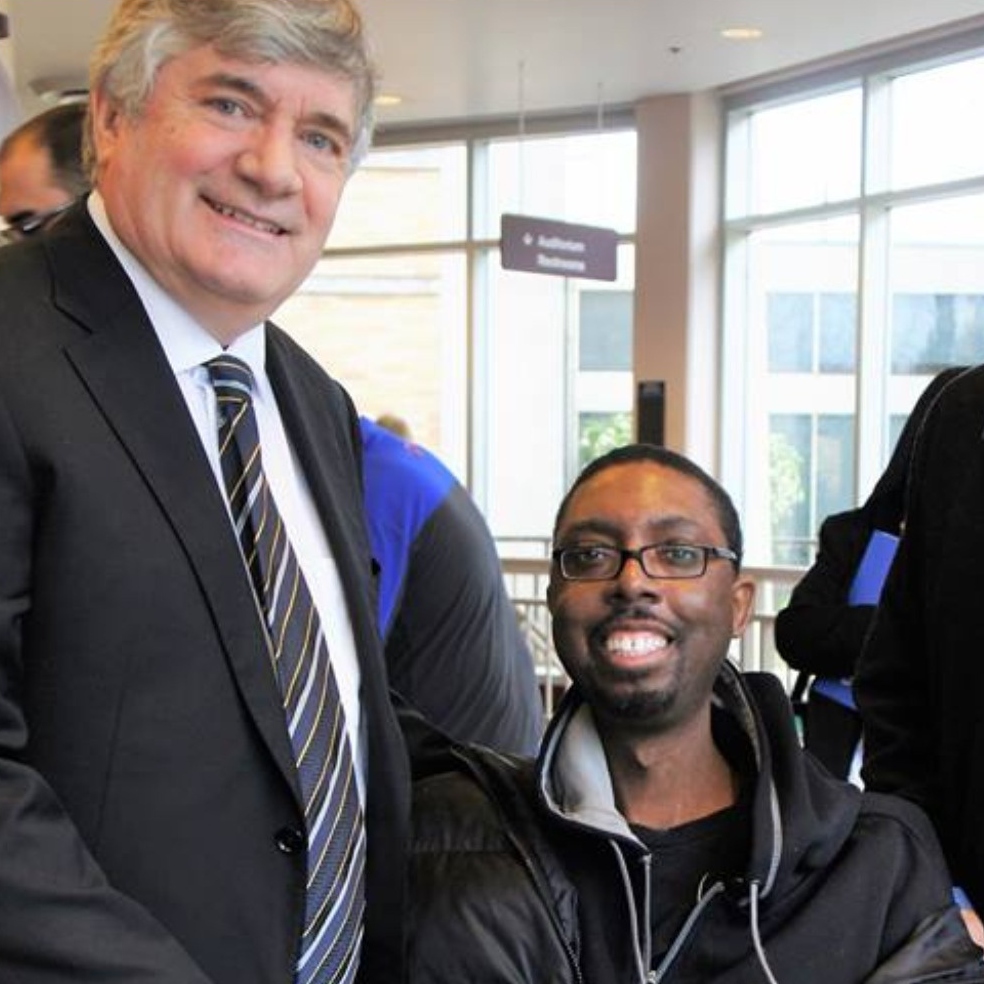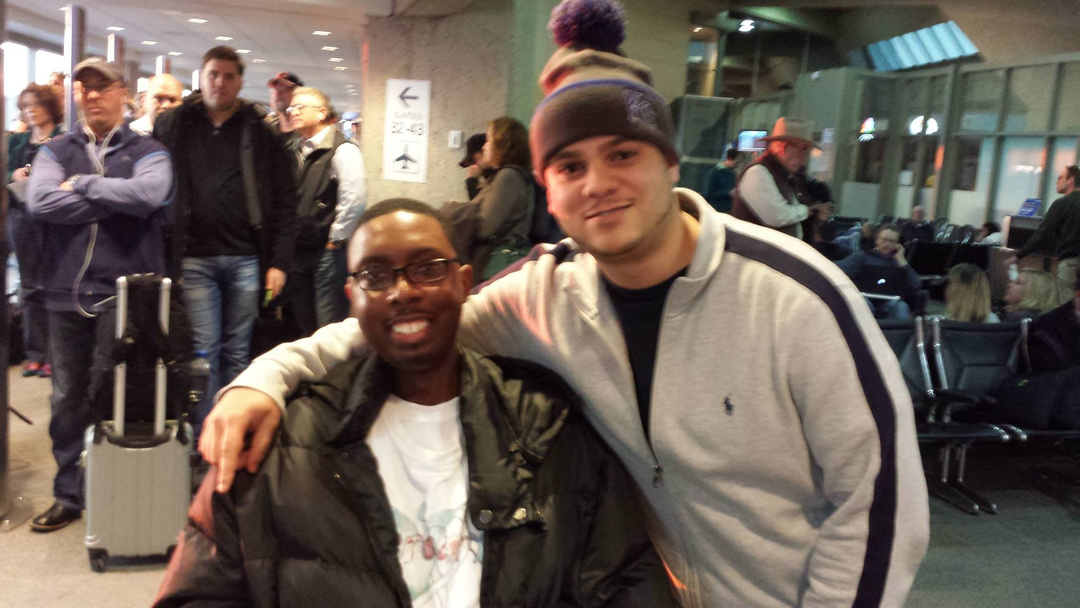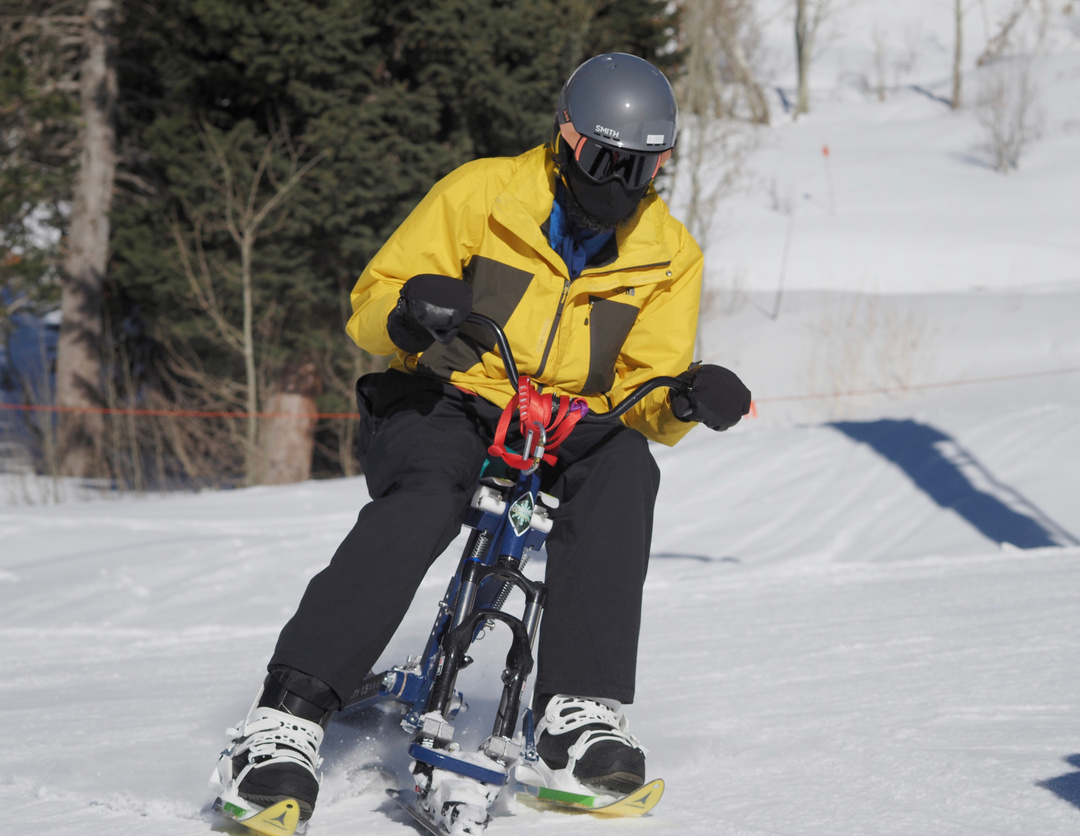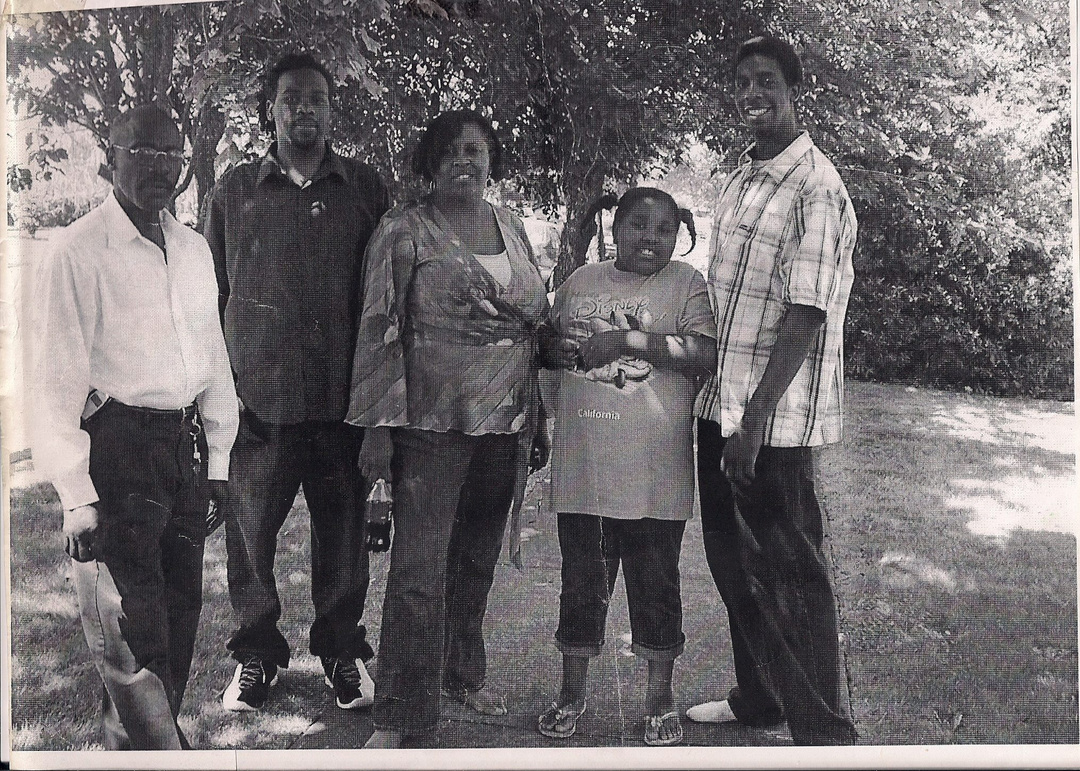Sarah Medeiros
Portland, Oregon (United States)
SARAH MEDERIOS
Scleroderma Stories Issue 5
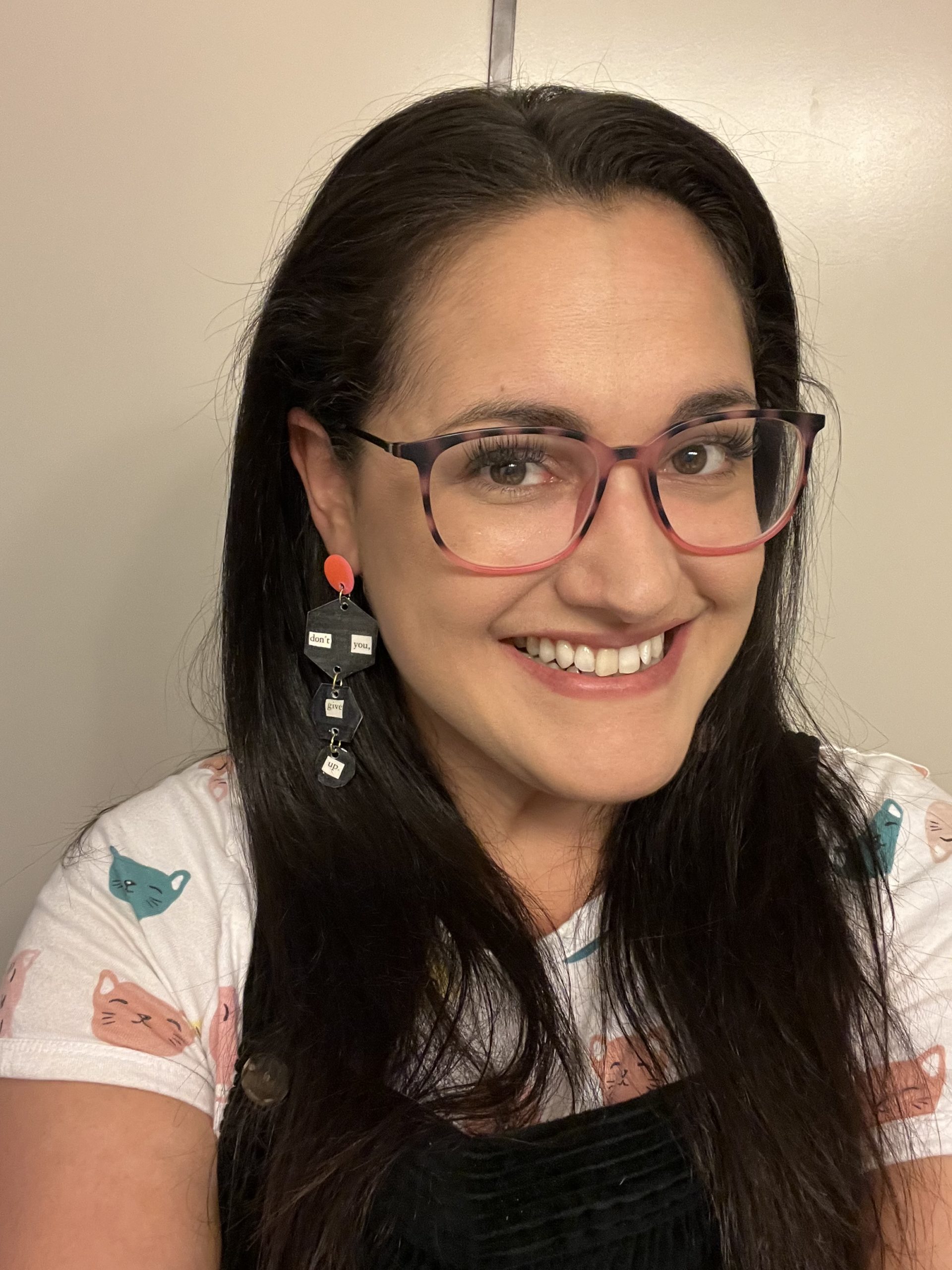
Please introduce yourself
My name is Sarah. I’m originally from Hawaii, and I’m currently in Portland!
When were you diagnosed with scleroderma?
I was diagnosed with scleroderma at 23 after I visited Wisconsin, where it was one degree and extremely cold. Coming from Hawaii, it was a new experience for me, and I didn’t have the right winter gear. I didn’t think much of it at the time. However, when I returned home, my fingers turned deep purple, and I experienced a lot of pain. It turned out to be a condition called Raynaud’s syndrome.
It persisted for weeks, and I finally went to a doctor, who initially dismissed it as a mild issue that would go away – but it didn’t, and my finger remained purple and painful. Eventually, I was diagnosed with a rare autoimmune disorder, which was the one mentioned on the back page of the handout the doctor gave me and told me not to worry about.
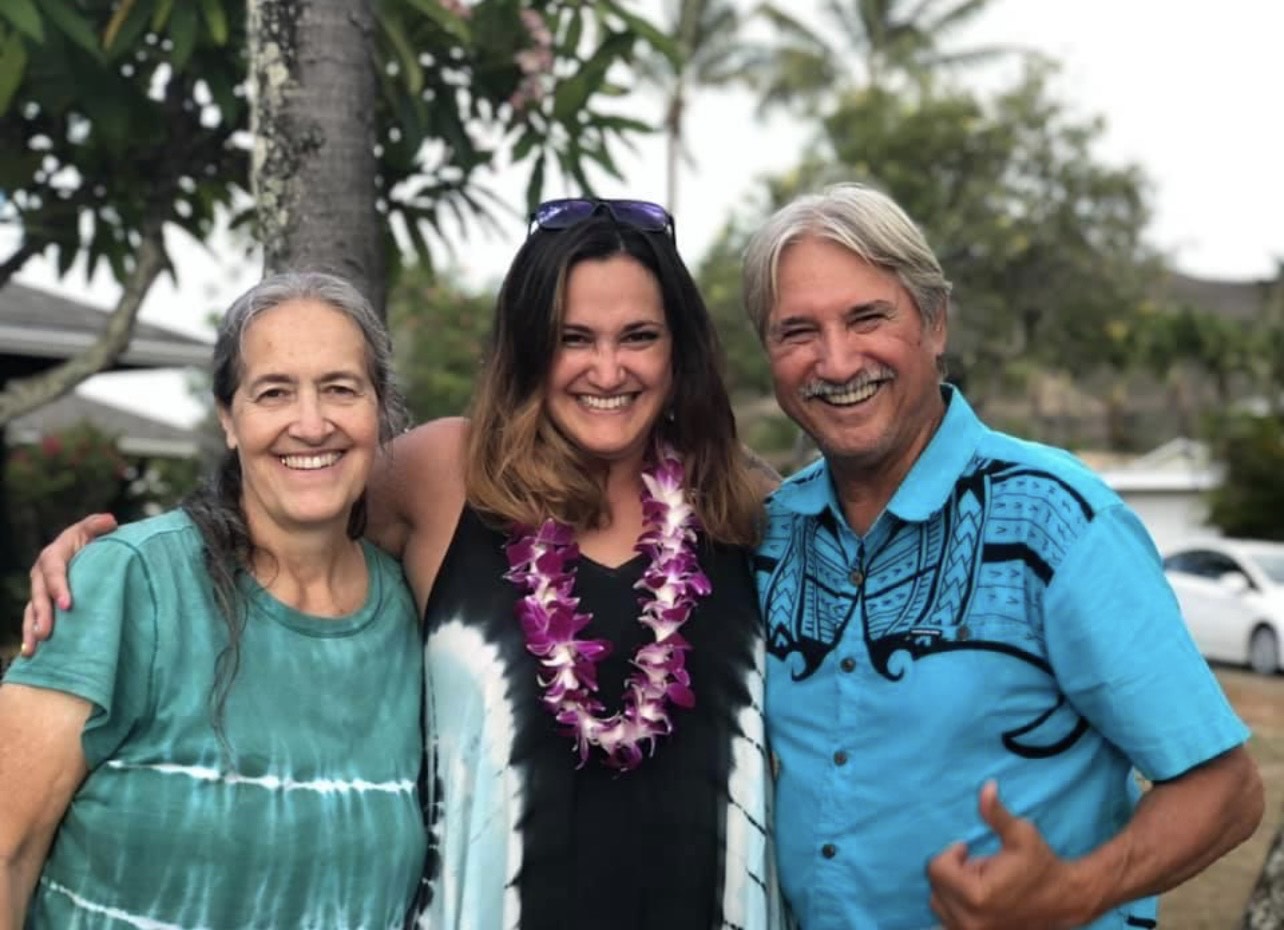
Could you please tell us about your career in healthcare?
I work for Boseman Health, and I’m a lead recruiter there. I’ve worked there for almost three years. One of the things that got me in the healthcare field was just being a patient myself, especially of that hospital.
I’m really passionate about patient care and general well-being. Even though I’m not giving direct care in my job, I’m still supporting the people who do so I really find a lot of fulfillment for myself, specifically because of my history with healthcare. I see myself staying in healthcare for the rest of my life.
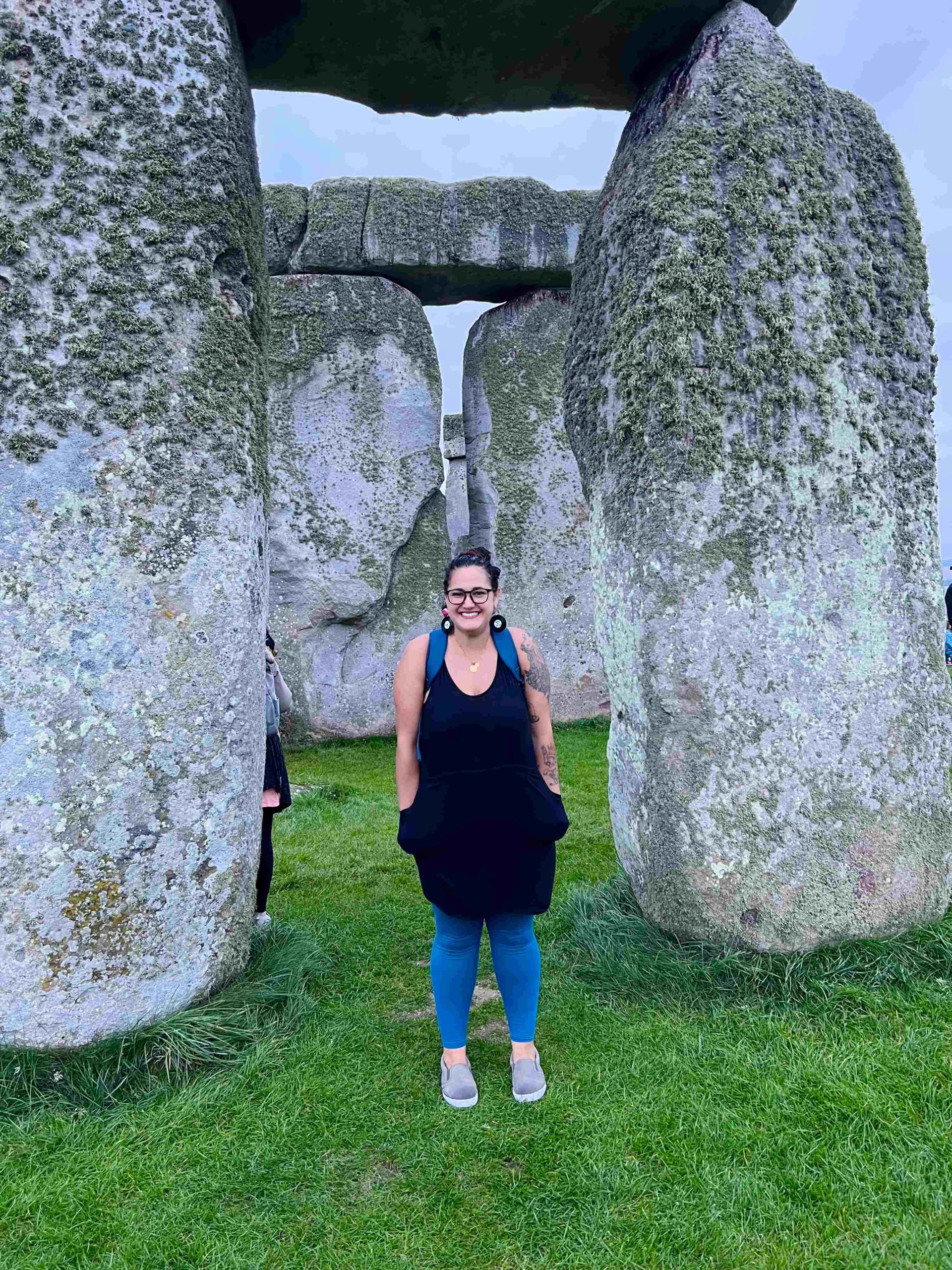
How was scleroderma impacted your relationships?
For me specifically, I feel like it has been a little isolating. I think a lot of times too, because I look healthy on the outside, people don’t realize how much I suffer every day. You know, they call these invisible illnesses.
It’s not something I want to talk about either, because I don’t want pity. I don’t want people to feel sorry for me. Sometimes it’s helpful to tell people like my co-workers though, since it affects my work. I definitely take more days off from work than a normal person. Just depending on the day and my symptoms, there are times where it’s harder. But again, since I look really normal, I struggle with this kind of need to prove that I’m actually sick. I worry that when I call into work and say I’m experiencing “XYZ,” that they’re thinking “Oh, she’s just lazy” or you know, “She’s just calling in sick again.” I know what that’s like, but in reality, my struggle is very real. But I still struggle with that mentally, wondering “what do people think about me when I do stuff like that?”
Even with family. My family and friends are so supportive, and they love me and care about me. I know that. But there’s always that feeling to a certain level, I think, for people with any autoimmune disease – or any disease really.
How have you found people who can understand your “invisible illness’?
When you’re sick, it’s just this thing that nobody can really understand unless they have it themselves. That’s why I started posting on Instagram a bit about my disease in general. Sometimes, social media and the internet feels like the only place you can truly connect with other people who can understand you and not judge you. You can find comfort in that.
I know when I first got diagnosed, there was this scleroderma forum that I used to post on a lot, just trying to get advice and learn from people who have the same disease as me. No one can really understand what you’re going through unless they are also going through it.

In what other ways has scleroderma impacted your life?
When I was diagnosed, I was 23 and had never really wanted to have kids. Nevertheless, when I first got diagnosed by my rheumatologist, they told me I shouldn’t have kids for at least the first five years after being diagnosed. Suddenly having parts of your life predetermined for you, or decided for you, was a big adjustment. You kind of mourn it a little bit. You have a major decision taken away from you, and that can be really hard to deal with. I’m sure I’m not the only one.
A lot of people are diagnosed after they’ve actually had their babies. I got diagnosed so young that I feel like it would, just for myself, be a little irresponsible of myself to have children at this point just because of the risk that it would be. I think what that would look like. But you know, having major decisions like that being taken away is something that maybe a non-sick person wouldn’t have to think about.
What financial effects has scleroderma had on your life?
While trying to find the correct medications and the right combination of them, there was still damage being done. Even now, after the transplant, there’s still things coming up. I think that’s the hardest part — taking the meds and thinking, “Okay, I’m doing well,” and that the meds are helping. However, in reality, they’re only helping with some of the symptoms, not all of them.
For example, even though the CellCept helped my hands and my skin, it didn’t help my GI system, which still doesn’t work properly. The first thing to go was my esophagus. In fact, two weeks ago, I found out my stomach is paralyzed. I’ve had many tests where they say I’m fine, but it’s just one of those things where you hope that the medicine is working.
How have you adapted your hobbies?
I used to be a big soccer player, and I exercised a lot. Scleroderma has made working out consistently really hard. I would say that’s kind of the biggest thing – seeing what I used to do versus how I am now. I can’t be quite as active as I used to be. I just have to be thankful for the time that I can be active and participate in stuff like that.
I will say, in the beginning when I was first diagnosed, obviously I had no idea of what my life was going to look like. I went through this moment of thinking “Oh. My. Gosh! My life is over.” But I can say that my life has not changed too much. I still do my best and do everything I can that I’ve always wanted to do. I do a lot of handmade stuff, like crafting. I create earrings. A few more of my hobbies are traveling and doing standup comedy.
I try to keep myself busy and do things that I love to do, regardless of whether I’m sick or not. Sometimes I hit physical limits when I’m painting or coloring or something. I can only do it for so long. But I just do what I can do, and then be happy with it.
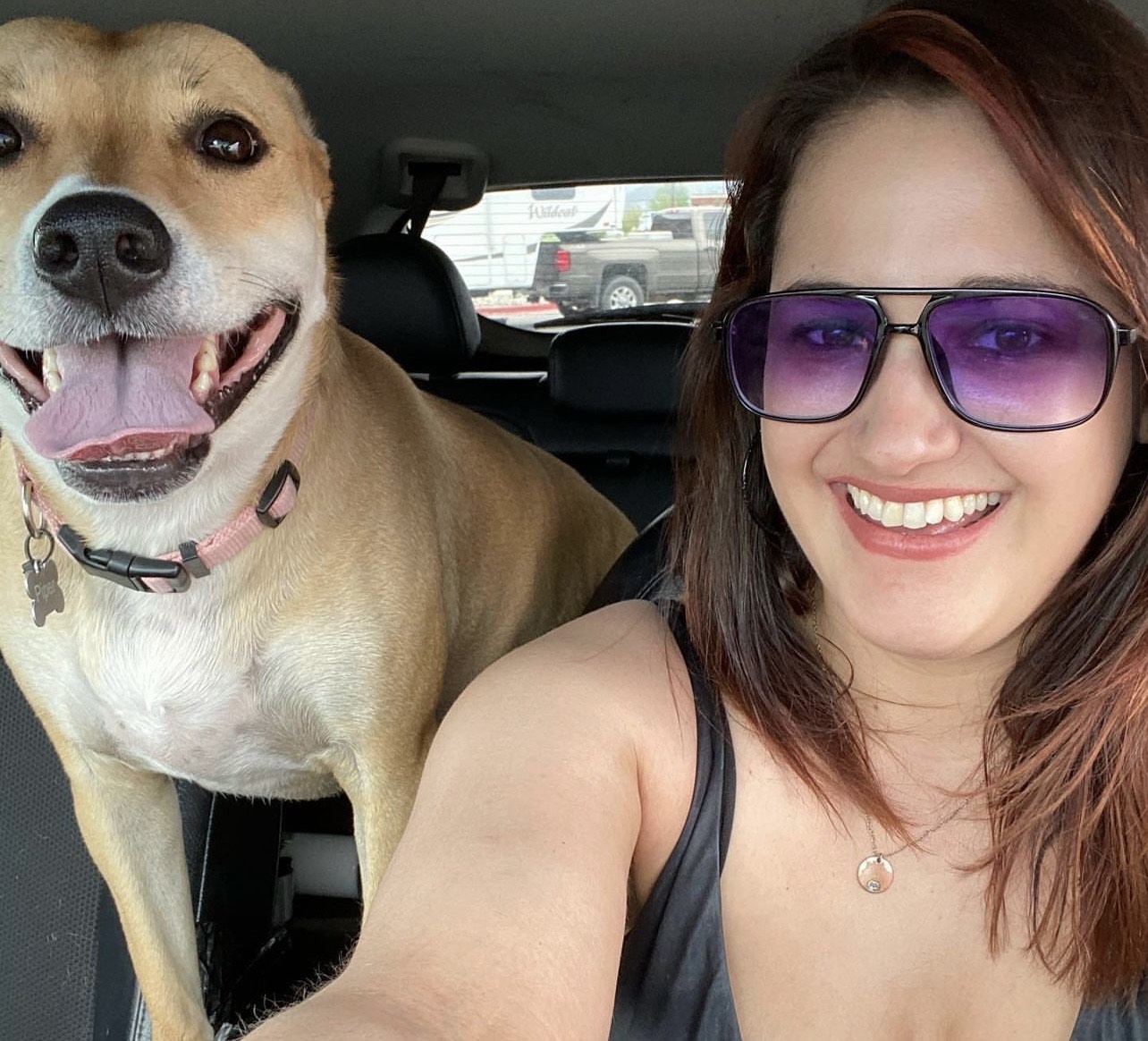
What advice do you have for people with scleroderma or other chronic illnesses?
It’s totally okay to be sad, and it’s okay to take the time that you need to digest everything that’s happening. I think it’s important to take that time; just getting diagnosed with something is a big thing to have happen, no matter whether it’s scleroderma or not.
On the flip side though, I would say there’s still hope for your future. Don’t give up on any of your dreams, regardless of how you think they might be affected by this disease. You have no idea. I mean, scleroderma hits everybody so differently with their abilities of what they can or can’t do. I thought the worst. When you start looking it up, it can look really horrifying and horrible. It is. Don’t get me wrong. But I have been so fortunate that the way my body has handled it is different than other people’s, and I am still able to do a lot of the things that I love. I don’t feel like I’m missing out on a whole lot of things that I wish I could be doing. Again, I can’t stress how fortunate I am!
Especially if you’re young, take it seriously but also remember that you don’t know what’s going to happen tomorrow. Ultimately, it will be okay!
Be sure to follow us on Instagram and Facebook (@sclerounited) to see more scleroderma warriors’ journeys in our weekly Sclero Sunday series.
Are you a scleroderma warrior? We’d love to interview you for Scleroderma Stories! Please visit tinyurl.com/share-my-sclero-story or email us at contact@sclerounited.us
